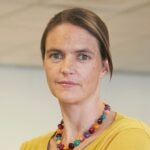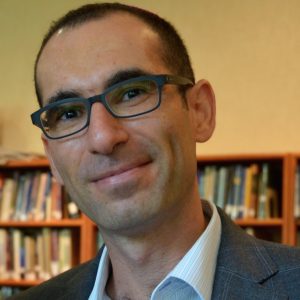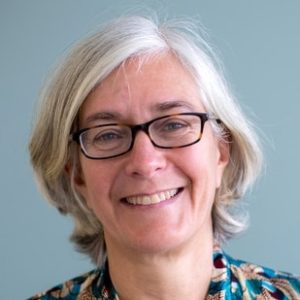Background
The course is a collaboration between the University of Global Health Equity (UGHE) in Rwanda and Harvard University’s Center for Communicable Disease Dynamics to build the capacity to use mathematical modeling of infectious diseases to support decision-making in Africa. The training targets public health professionals with experience in infectious disease program implementation or research with a limited background in mathematical modeling.
Course Description
The course was designed to last for 8-12 months alternating between in-person and practicum sessions with intensive mentorship and support from the training team. The in-person sessions occurred every 2-4 months beginning March 2023, with practicum running between these sessions. The course introduced participants to the basic concepts and use of mathematical models for understanding infectious diseases, their applications to real-world problems, and the role of models in informing policies. The course prioritized the learn-by-doing approach; hence, participants designed their models using concepts taught in class and used these models to assess and evaluate public health interventions effectively. The course also helped participants critically review and interpret the findings of several other modeling studies in public health.
Course Instructors
 Bethany Hedt-Gauthier
Bethany Hedt-Gauthier
Dr. Bethany Hedt-Gauthier is a biostatistician and associate professor at the Department of Global Health and Social Medicine at Harvard Medical School, specializing in health systems and implementation science research in sub-Saharan Africa. She is committed to improving partnerships in global health research by innovating within her practice and leading research and advocacy on issues of power dynamics and inequitable research collaborations.
 Caroline Buckee
Caroline Buckee
Dr. Caroline Buckee is the associate director and professor of the Center for Communicable Disease Dynamics at the Harvard T.H. Chan School of Public Health. Her research interests include using mathematical models and mobility data to understand the epidemiology of infectious diseases such as COVID-19, malaria, dengue, and cholera in low-income countries. She is involved in various partnerships with local and international public health organizations to provide evidence from mathematical modeling studies to inform policies and decision-making. She has also developed various training programs to integrate mathematical models into infectious disease programs.

Yonotan Grad
Dr. Grad is an associate professor in the Department of Immunology and Infectious Diseases at the Harvard T.H. Chan School of Public Health, & attending physician in the Division of Infectious Diseases at BWH. He earned his MD & PhD at Harvard Medical School, trained in internal medicine at BWH & infectious diseases at BWH and Massachusetts General Hospital, and did his research fellowship in the CCDD with Marc Lipsitch. The Grad Lab investigates how pathogens evolve & spread using a combination of genomics, microbiology, mathematical modeling, and epidemiological tools, & includes projects studying outbreaks in collaboration with hospitals and public health institutions and the biology and epidemiology that underlies the emergence & spread of antibiotic resistance.

Megan Murray
Megan Murray is an epidemiologist and an infectious disease physician with over 25 years of experience studying tuberculosis and other emerging and re-emerging infectious diseases. Dr. Murray is the Ronda Stryker and William Johnston Professor of Global Health and Social Medicine at Harvard Medical School and Professor of Epidemiology at the Harvard Chan School of Public Health. She is also the director of the Research Core in the Department of Global health and Social Medicine at Harvard Medical School.
 Sylvia Ofori
Sylvia Ofori
Dr. Sylvia Ofori is a postdoctoral curriculum and research fellow at the Center for Communicable Disease Dynamics at the Harvard T.H. Chan School of Public Health. She has a background in community pharmacy, global health, digital health, and infectious disease modeling. She organizes a journal club for public health professionals in academia, government, and research institutions in the US and East Africa, to discuss trends in mathematical modeling studies. She has also worked with various research teams on projects to analyze COVID-19 data in Ghana, Canada, the USA, Iran, and China.
 Emmanuelle Dankwa
Emmanuelle Dankwa
Emmanuelle is a postdoctoral researcher at the Center for Communicable Disease Dynamics at the Harvard T.H. Chan School of Public Health. She specializes in modeling infectious diseases such as hepatitis A and African swine fever transmission to inform disease control and prevention policies. Emmanuelle’s research focuses on outbreak contexts, and her experience cuts across human and animal diseases. In her career, she aims to champion science-policy engagement within the infectious-disease-research ecosystem toward improved public health outcomes.
